Our Products & Services
Single-stranded DNA development and manufacturing to support your project
We provide comprehensive services, including contract development and manufacturing, to support and advance the development and commercialization of novel therapeutics, diagnostics and other DNA based applications.
Our products
-

Circular DNA single strands
We provide a range of circular products to accommodate different scales. Contact us for more details.
-

Linear DNA single strands
Our linear single-stranded DNA is fully customized, with no exogenous sequences other than an AG at the 5' end.
-

Request a quote
Couldn't load pickup availability
After submitting your order, our team will review your details and get back to you within two working days.
Reach us at info@gxstrands.com or call us at +49 89 693303811.
View full details



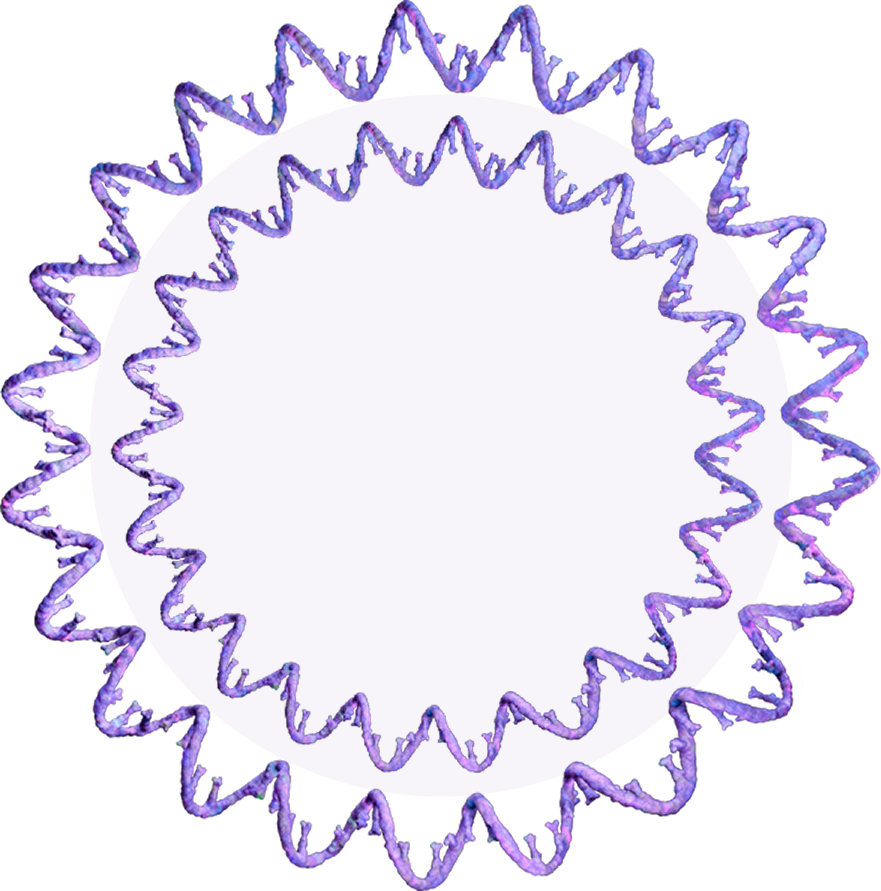

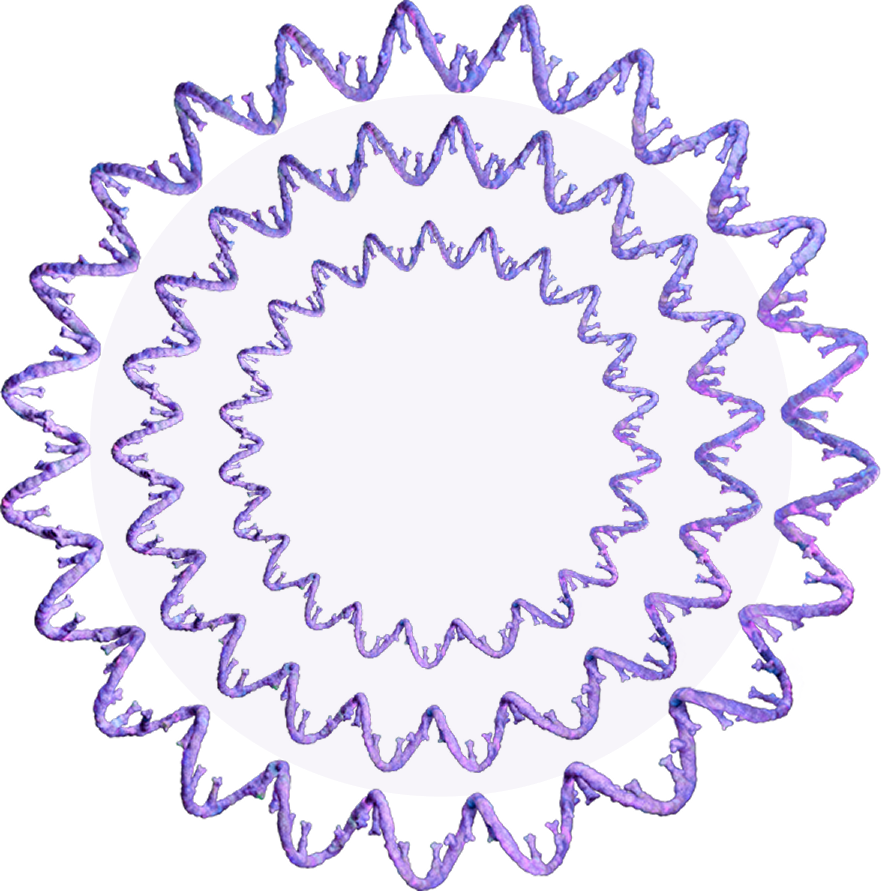

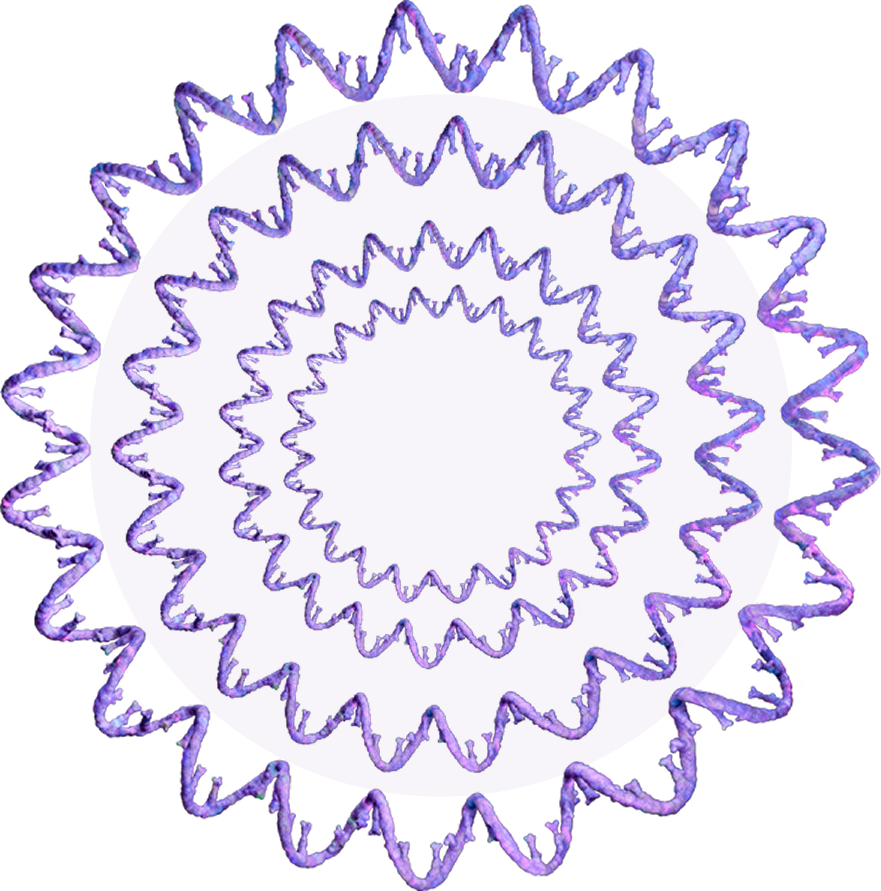

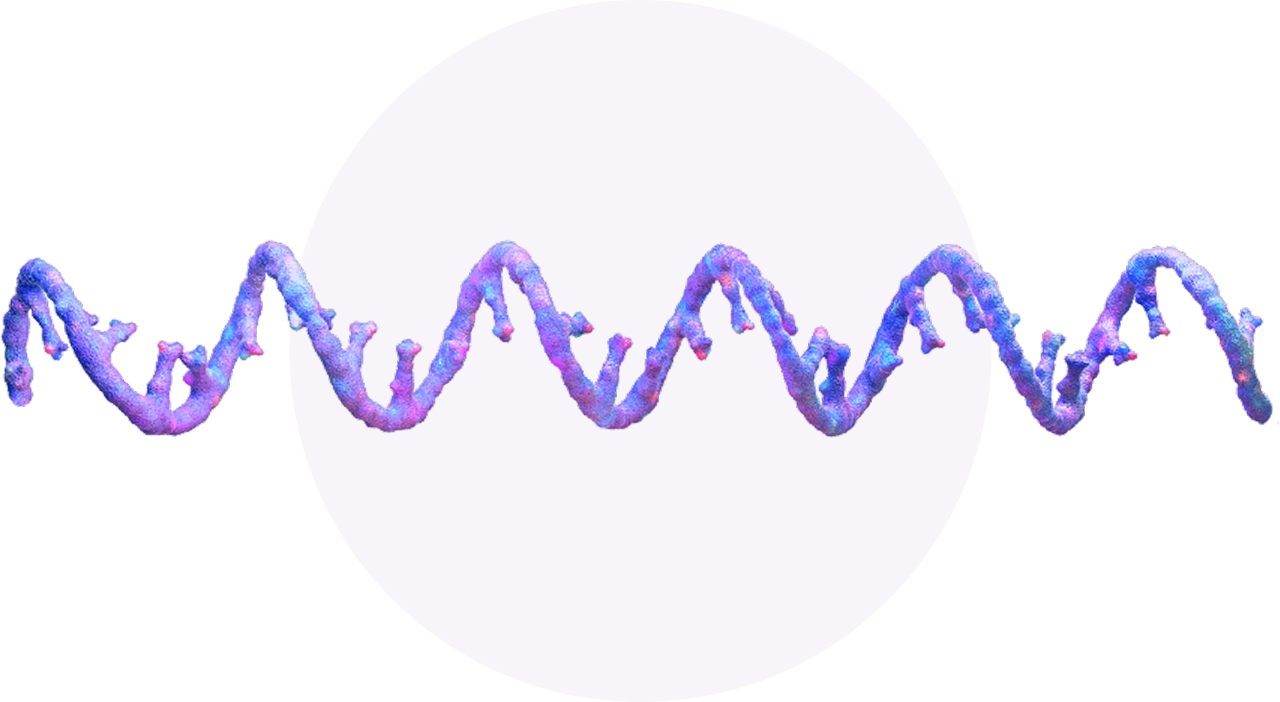







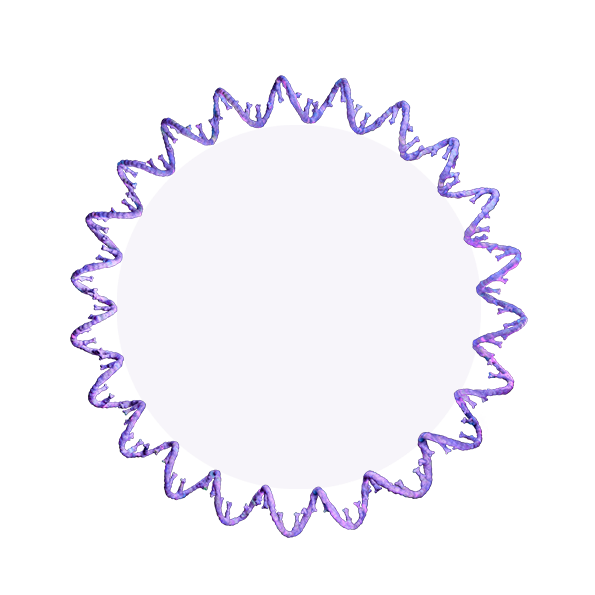
Production
Workflow and turnaround time
Our process, from initial inquiry to final delivery, spans approximately 6 weeks. Turnaround time varies depending on sequence complexity and scale.

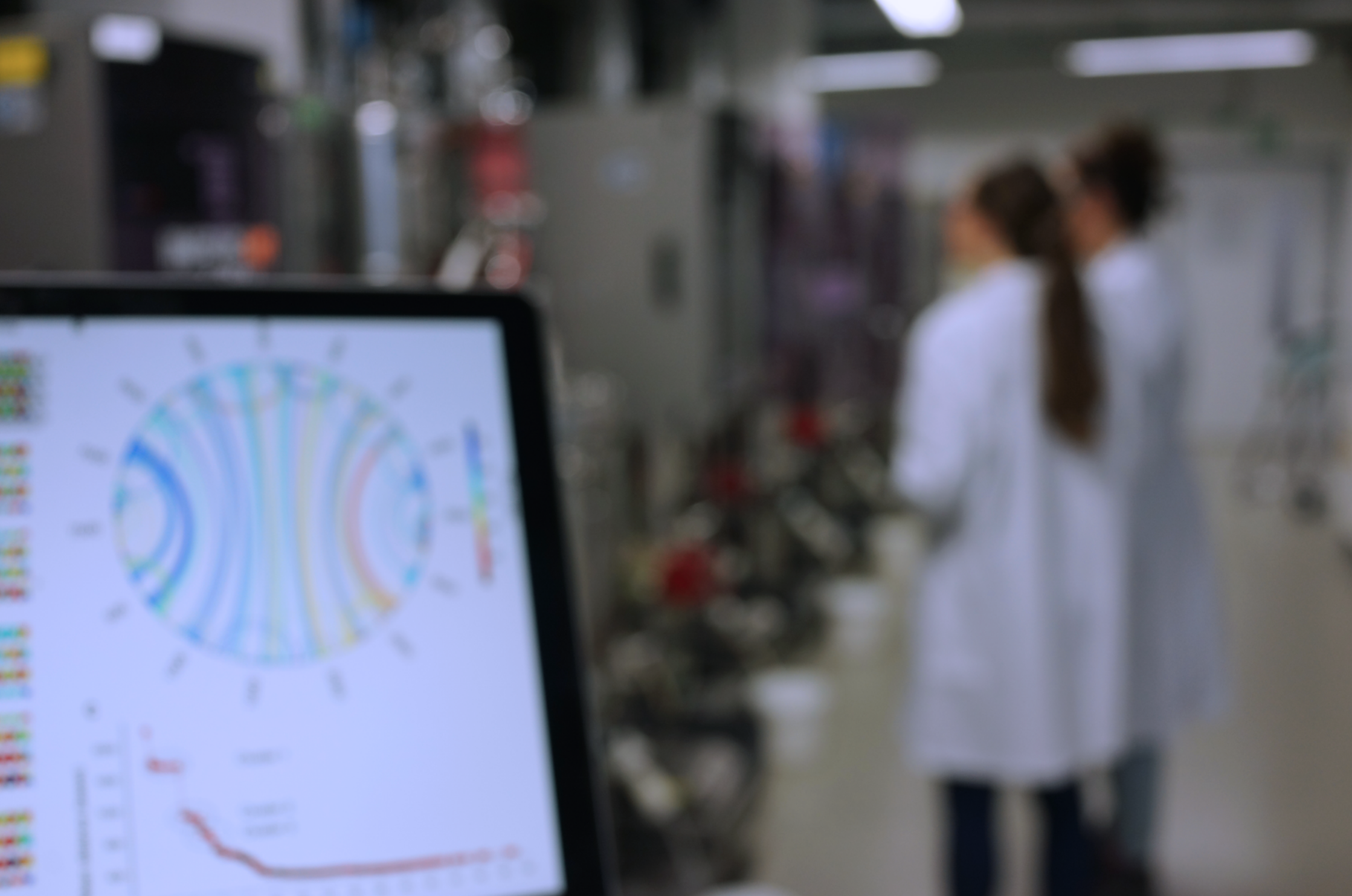
Inquire for more information
If you have questions or would like to learn more about gxstrands single-stranded DNA manufacturing services, please contact us.
Frequently Asked Questions
Learn more about gxstrands single-stranded DNA
FAQs general
What is single-stranded DNA?
Single-stranded DNA (ssDNA) is a nucleic acid composed of a single strand of deoxyribonucleotides. In nature, single-stranded DNA is found in certain viruses, such as the genome of adeno-associated viruses (AAVs), or as an intermediate in DNA replication and repair. Recently, its therapeutic potential has gained recognition.
What is the benefit of single-stranded DNA compared to double-stranded DNA?
Recently, single-stranded DNA is gaining prominence as a superior alternative to plasmid DNA (pDNA) or linear double-stranded DNA (dsDNA) for gene editing, vaccines, advanced therapies and diagnostics, and more.
Unlike double-stranded DNA, single-stranded DNA does not have complementary base pairing. Therefore, single-stranded DNA offers greater structural flexibility and can adopt various topologies and secondary structures. Additionally, no known cytosolic sensors specifically detect single-stranded DNA, allowing for safer and more repeatable treatments due to a lack of immunogenicity.
How does gxstrands produce single-stranded DNA?
Gxstrands uses a fermentation-based manufacturing process with proven E. coli systems to efficiently produce flexible single-stranded DNA sequences with customizable topology (linear or circular) and lengths (up to 10kb) on a large scale, achieving gram-level quantities.
Previously, single-stranded DNA production was carried out in vitro by chemical synthesis or by enzymatic processes like rolling circle amplification.
What quantities of single-stranded DNA does gxstrands offer?
GXstrands produces gram-level quantities and beyond. Our initial offering for testing is a 3L run, typically yielding 500 µg to 1 mg, depending on the specific sequence and its complexity. All material generated from the 3L run is shipped to the customer. Once the optimal sequence is identified, our fermentation-based approach enables scalable production to gram- or even kilogram-level quantities of single-stranded DNA.
What length and quality of single-stranded DNA can gxstrands produce?
Gxstrands single-stranded DNA sequences are available in virtually any length, up to 10 kb and beyond for research use only (RUO). GMP-like and GMP grades are in process. Contact info@gxstrands.com for more information.
What single-stranded DNA orientation (sense vs. antisense) does gxstrands provide?
We offer customizable production of single-stranded DNA in either sense or antisense orientation (only 1 species in final product). Tailored to your needs, we design the production plasmid, ensuring that the final single-stranded DNA product contains your preferred orientation.
What are the standard quality controls for gxstrands' single-stranded DNA products?
The target single-stranded DNA sequence is verified through Sanger sequencing. Purity is assessed using gel electrophoresis. Endotoxins are removed to a concentration of less than 0.5 EU/mL. Additional tests can be incorporated for specific projects upon request. Contact info@gxstrands.com to discuss your QC requirements.
How is gxstrands single-stranded DNA delivered?
The single-stranded DNA is supplied frozen in endotoxin-free water, TE buffer, or freeze-dried at room temperature. Other delivery options are possible upon request.
How should I resuspend my single-stranded DNA?
1. Spin your tube upon arrival for 5 seconds in a microcentrifuge, to guarantee that your single stranded DNA is at the bottom of the tube.
2. Add water according to the CoA to achieve a concentration of 100 µM.
3. Mix briefly by flicking or vortexing the tube.
4. Incubate overnight at 4 °C or at room temperature for 1 h.
5. Vortex and centrifuge briefly.
6. Verify the final concentration with a nano volume spectrophotometer.
Are there any storage and handling guidelines for single-stranded DNA?
Long-term storage at -20 °C and short-term storage at 4 °C is recommended. Resuspend in nuclease-free water or TE-buffer for best results. The stability of single-stranded DNA is dependent on the buffer as well as the storage temperature.
What is the lead time?
The gxstrands process, from initial inquiry to final delivery, spans approximately 6 weeks. Turnaround time varies depending on sequence complexity and scale.
For precise information regarding your specific delivery schedule, please contact info@gxstrands.com
FAQs for Gene Editing
What are the advantages of single-stranded DNA over double-stranded DNA in gene editing?
Single-stranded DNA serves as donor template for homology-directed repair (HDR) mediated gene insertion in conjunction with CRISPR/Cas and other gene-editing tools. Compared to double-stranded DNA templates, single-stranded DNA exhibits lower toxicity, fewer off-target effects, and higher knock-in efficiency for HDR. Learn more under applications.
What single-stranded DNA orientation (sense vs. antisense) works better as homology-directed repair template?
Gxstrands can deliver single-stranded DNA products with your preferred orientation: sense or antisense.
The efficiency of knock-in using sense vs. antisense single-stranded DNA for homology-directed repair varies depending on the specific locus, cell type, and experimental conditions. While some studies have observed differences, there is no consistent pattern across all cases.
- Locus-specific differences: At some genomic loci, antisense single-stranded DNA donors show higher knock-in efficiencies, while at others, sense single-stranded DNA donors perform better.
- Cell type variations: The preference for sense or antisense single-stranded DNA can differ between cell types.
- Donor type considerations: The impact of strand orientation may vary depending on whether linear or circular single-stranded DNA donors are used.
Sources:
- Xie et al., 2024, Efficient non-viral immune cell engineering using circular single-stranded DNA-mediated genomic integration”, Motwani et al., 2019, DNA sensing by the cGAS–STING pathway in health and disease.
- Okamoto, S., Amaishi, Y., Maki, I. et al. Highly efficient genome editing for single-base substitutions using optimized ssODNs with Cas9-RNPs. Sci Rep 9, 4811 (2019).
- Tolar, J., Bednarski, J.J., Bak, R.O. et al. Efficient Homology-directed Repair with Circular ssDNA Donors. bioRxiv 864199 (2019).
- Paix, A., Folkmann, A., Goldman, D.H. et al. Precision genome editing using synthesis-dependent repair of Cas9-induced DNA breaks. Proc Natl Acad Sci USA 114, E10745-E10754 (2017).
- Roth, T.L., Puig-Saus, C., Yu, R. et al. Reprogramming human T cell function and specificity with non-viral genome targeting. Nature 559, 405–409 (2018).
- Hustedt, N., Saito, Y., Zimmermann, M. et al. Mechanistic and genetic basis of single-strand templated repair at Cas9-induced DNA breaks. Nat Commun 12, 6638 (2021).




















